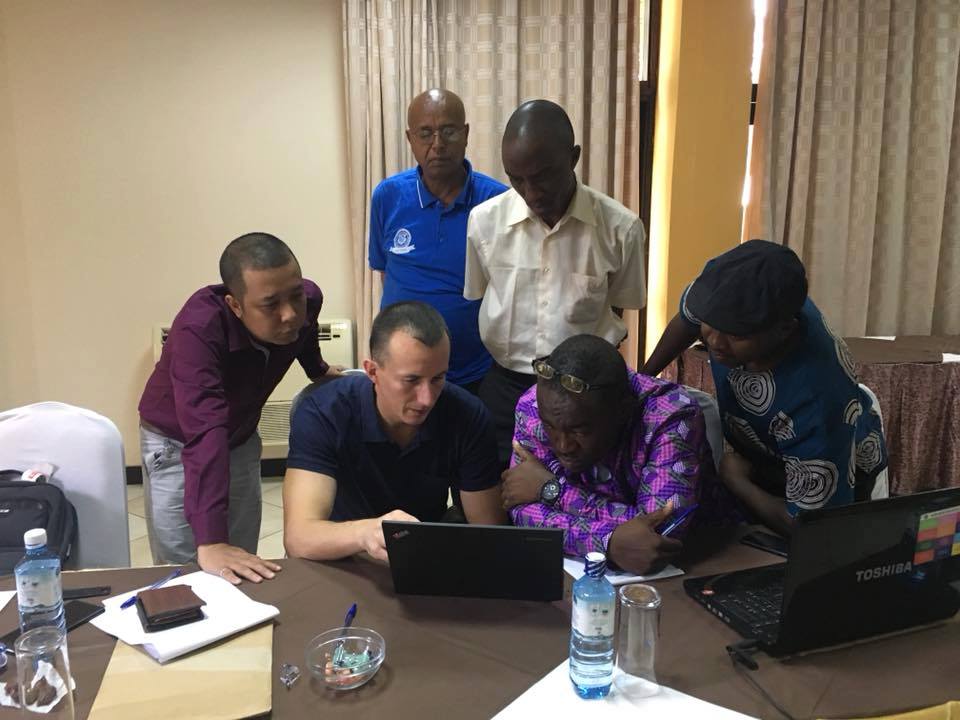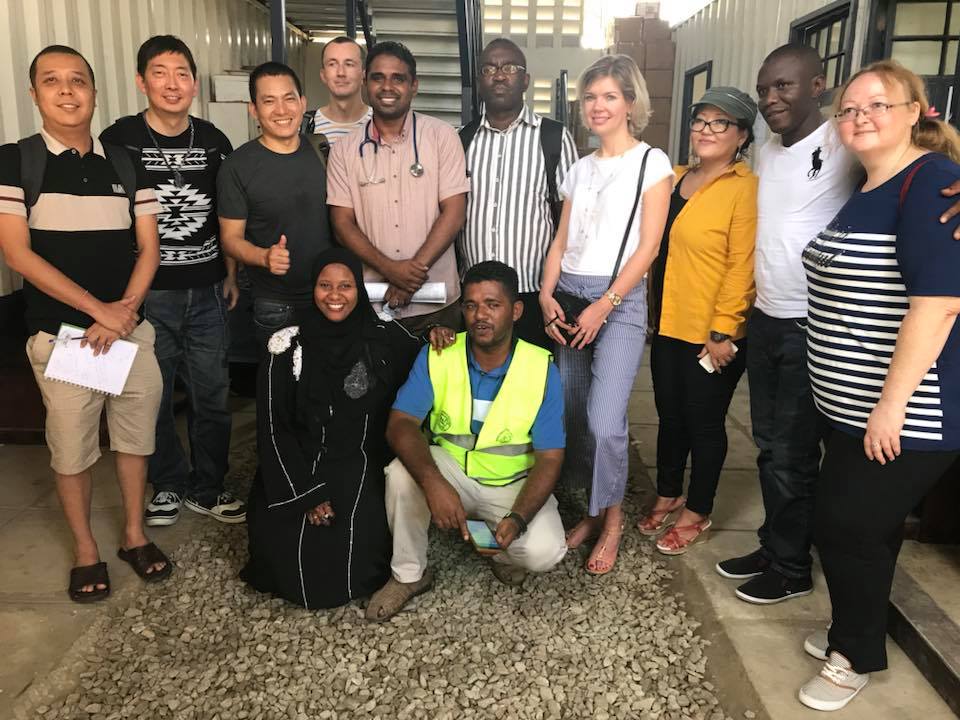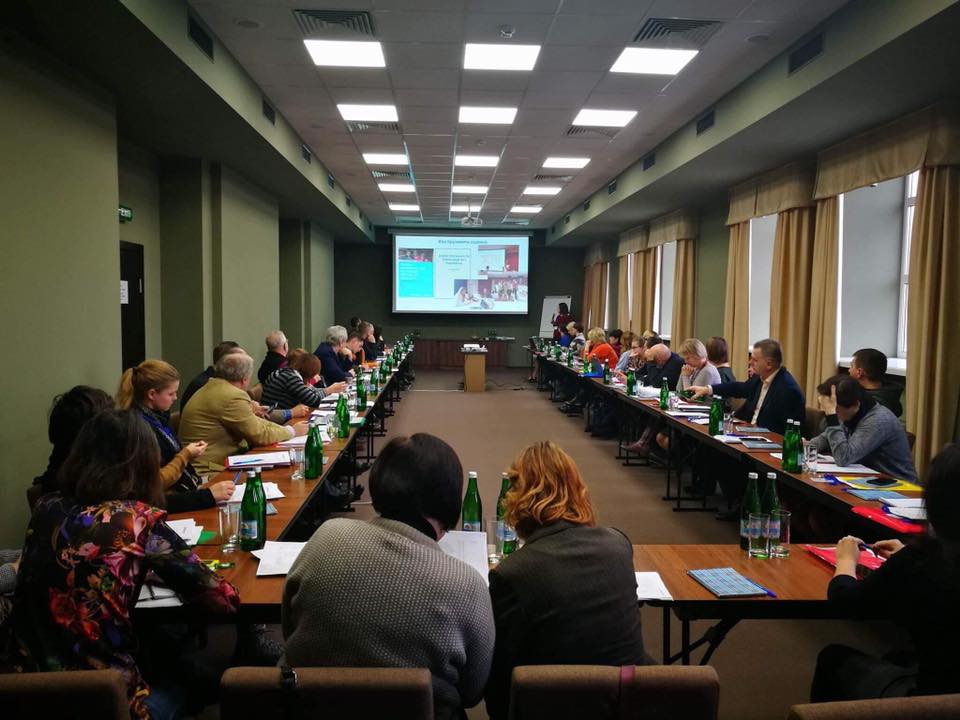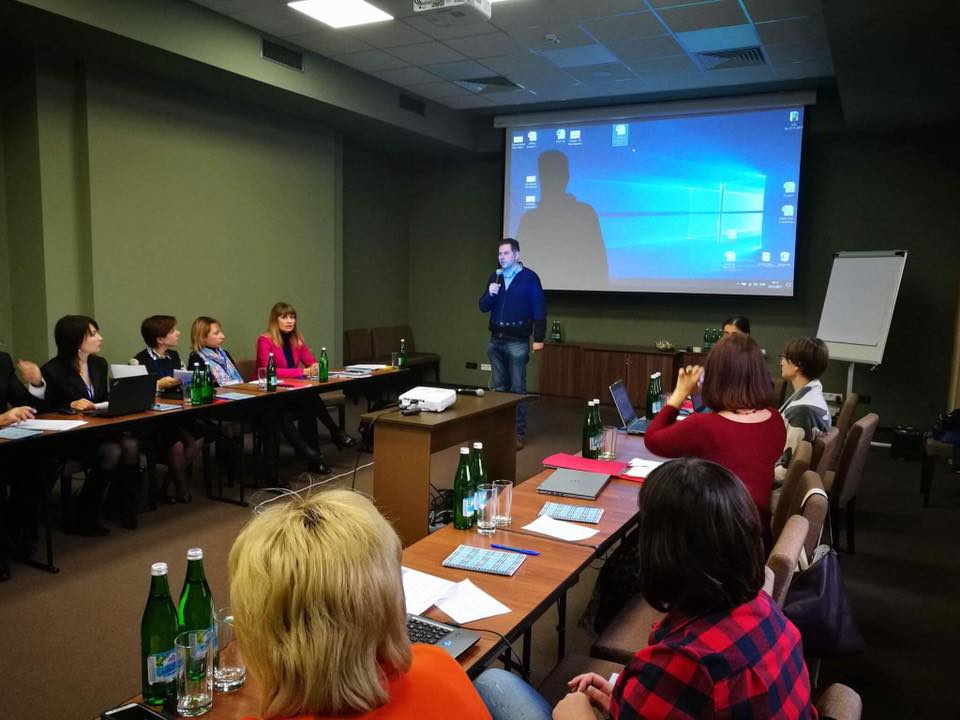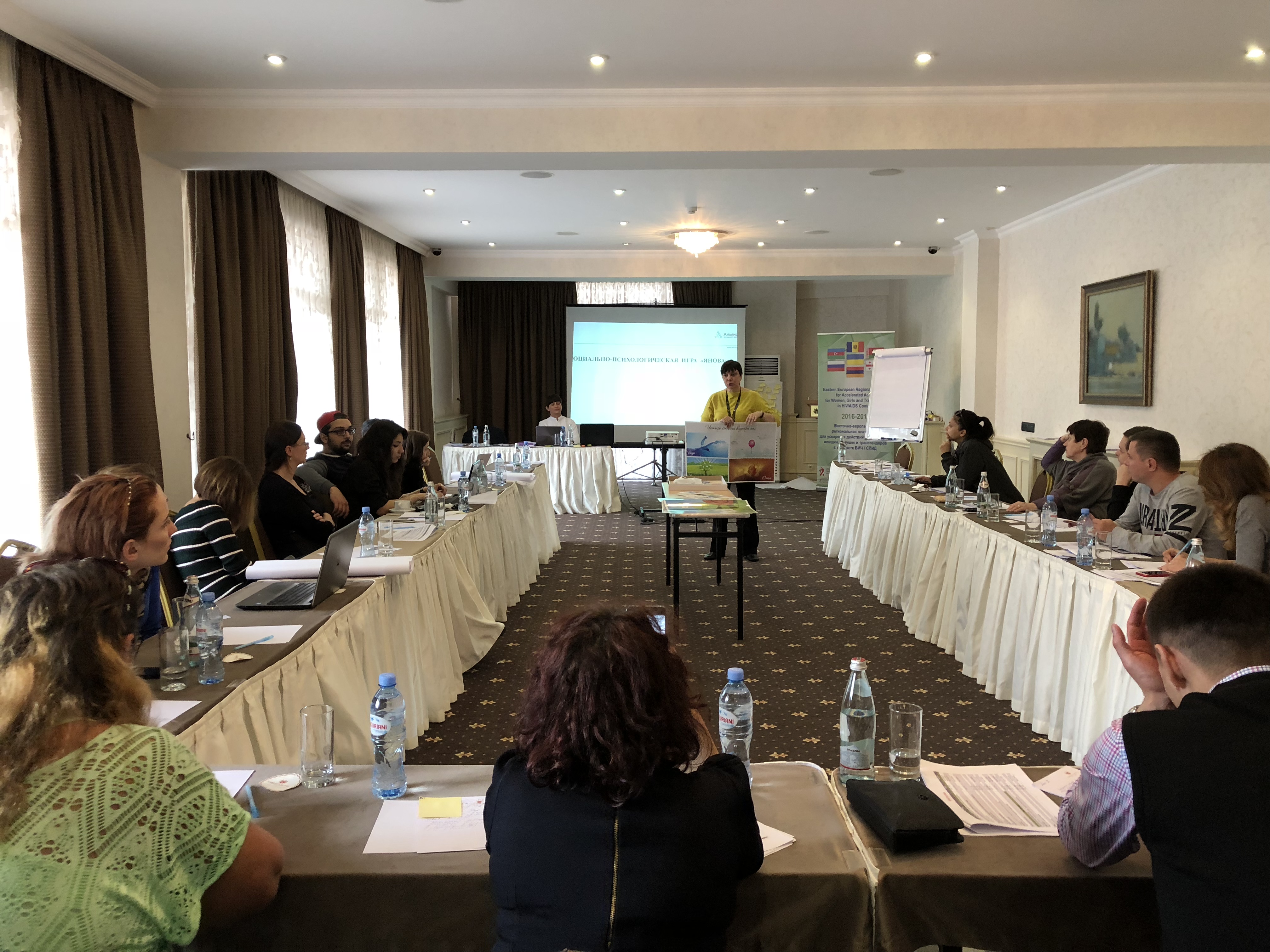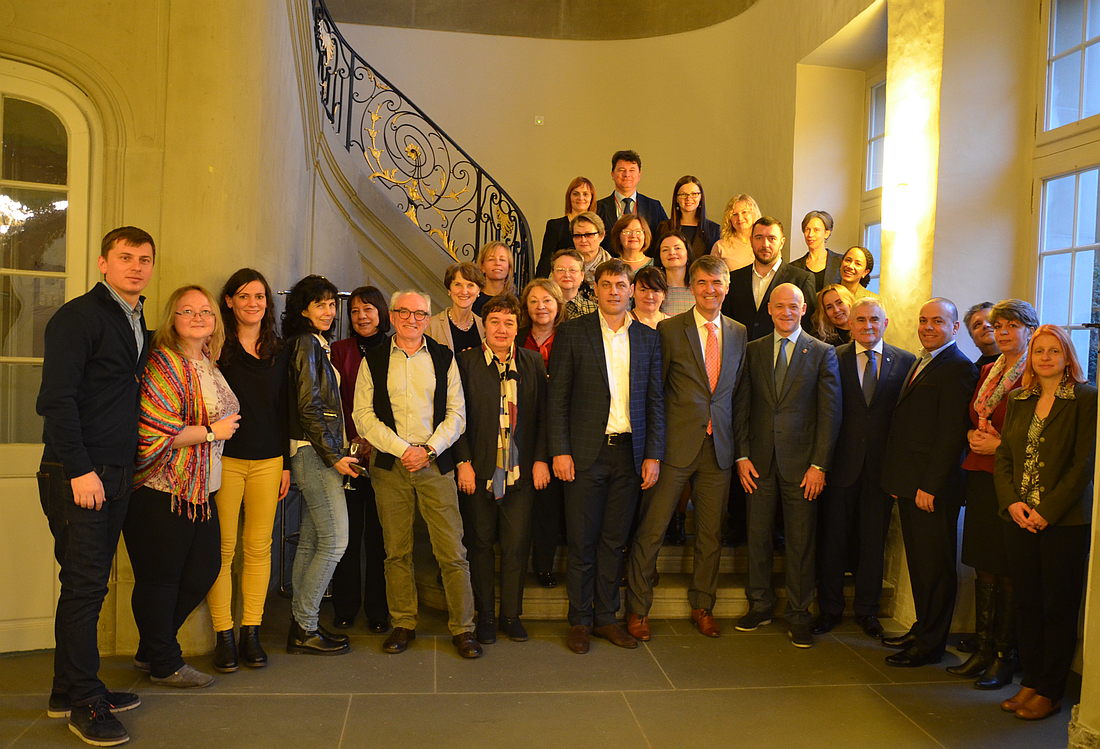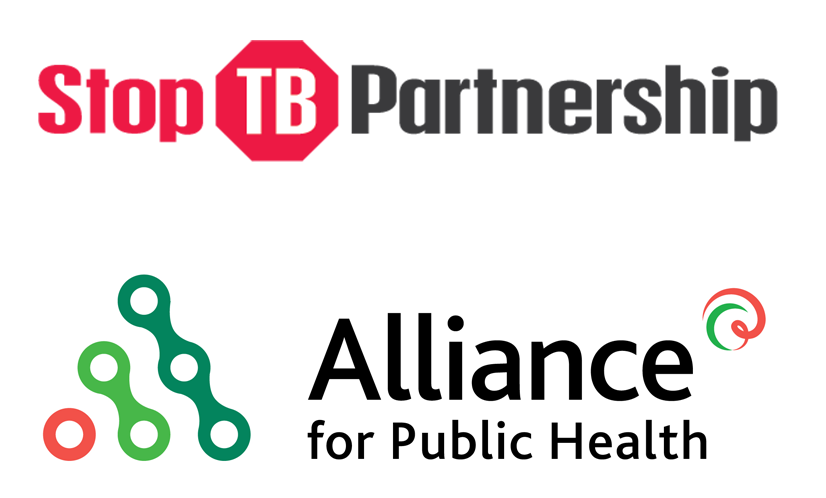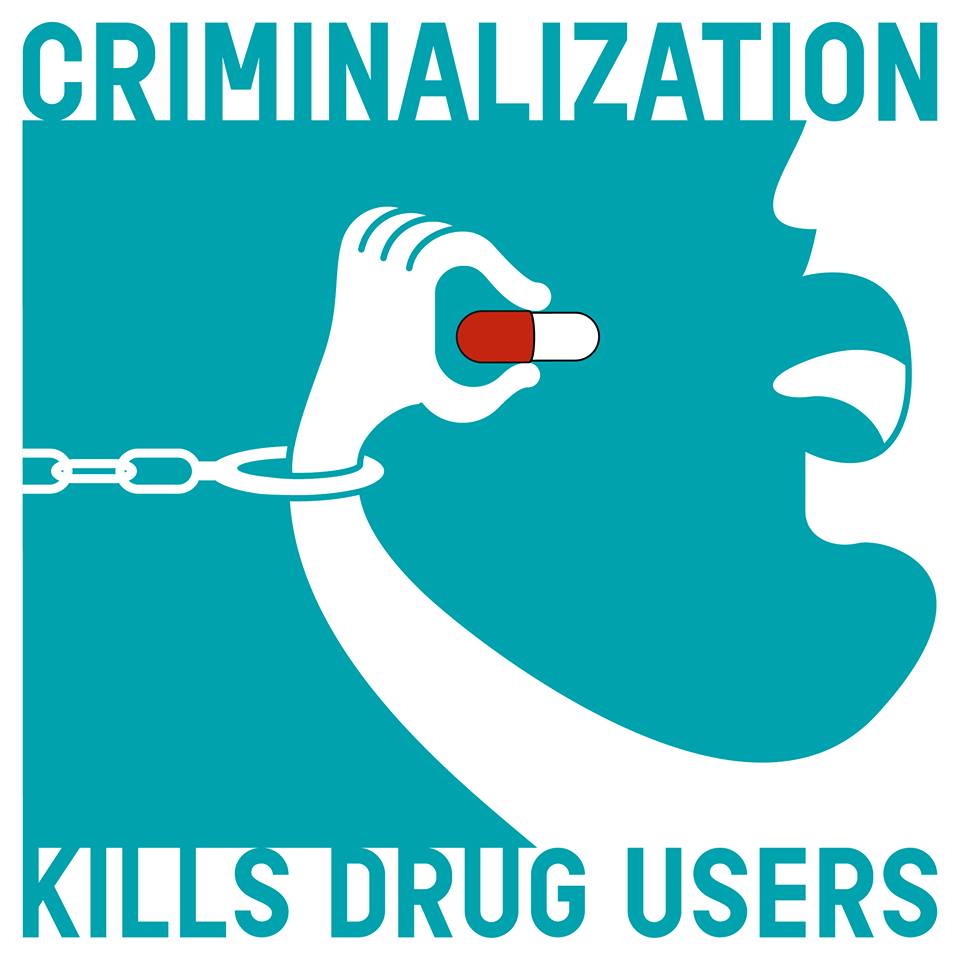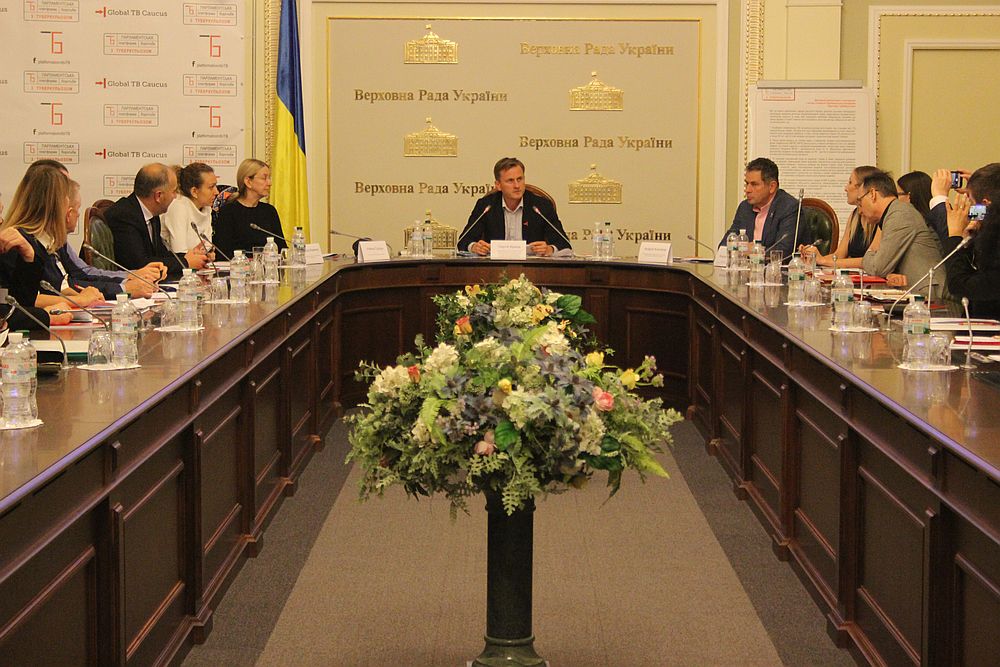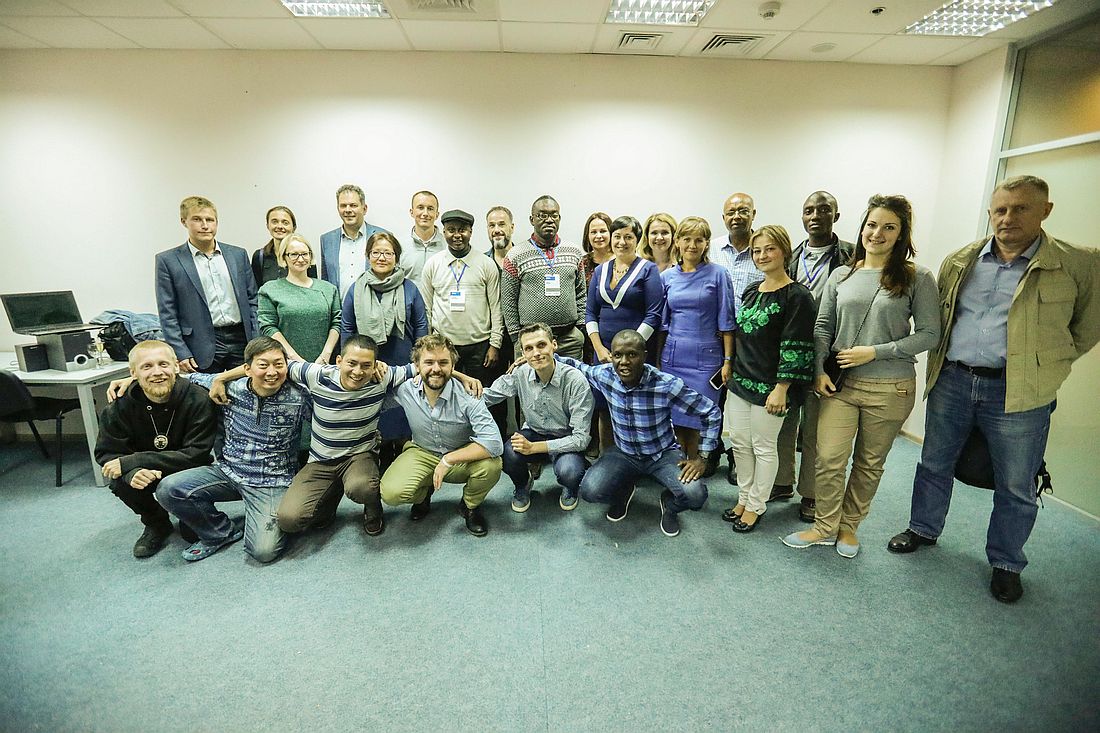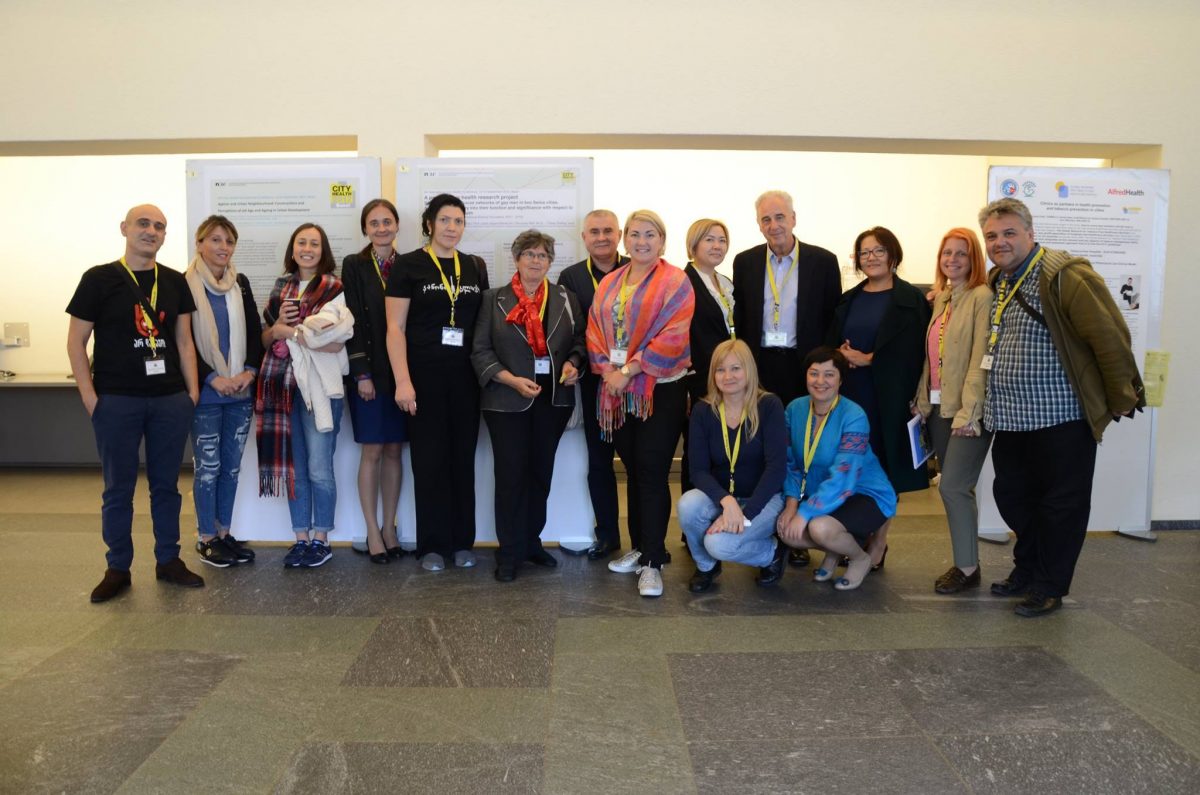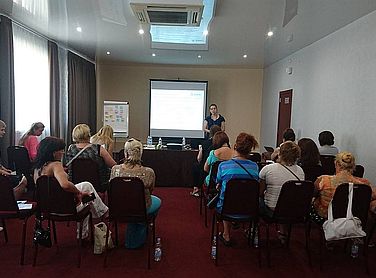On October 3, 2017 in Verkhovna Rada of Ukraine, an interfactional platform of Parliamentarians was established to consolidate efforts to fight longstanding epidemic of tuberculosis (TB) in Ukraine. Members of Parliament representing different factions and committees willing to contribute to end the disease in our country joined the Parliament Platform to Fight Tuberculosis.
For over a year, the Alliance of Public Health, which is the focal point of the civil society organizations for working with the Global TB Caucus in our country, and the international movement of parliamentarians Global TB Caucus, contributed to the development of the deputy initiative in Ukraine and its setting in the interfractional parliamentary association to fight against TB. As a result of this activity, on October 3, 2017, the Speaker of the Verkhovna Rada announced the official creation of the Parliament Platform to Fight Tuberculosis.
“We united regardless of party affiliation or political views. Within the framework of the Parliament Platform to Fight Tuberculosis, beside legislative resolution of issues concerning elimination of TB, our goal is to effectively cooperate with all related authorities, listen to the needs of the patients, ensure sustainable budget to fight the disease, collaborate with the civil society and parliaments of other countries. That is, to be the center of partnership and joint efforts. A special task of the Parliament Platform is to promote the rights of people affected by TB and overcome discrimination and stigma toward the patients and their families”” —noted during the Round Table on Establishing the Parliament Platform Mr. Serhiy Kiral, Member of Parliament of Ukraine, PACE Reporter on antimicrobial resistance and tuberculosis in Europe.
Participation in the event was attended by peoples’ deputies of Ukraine,, delegates of key international organizations, leaders of respective authorities, representatives of civic society, patients, and people affected by TB. At the beginning of the Round Table Olha Klimenko, a former patient and author of the book “The World in Me. Confessions of Tuberculosis Patient”, told the participants of the event about importance of supporting patients during treatment and considering their needs, based on her own experience: “A patient with any diagnosis is, first of all, a human being in need of help and support. It is important for people receiving treatment to be able to count on all the human and professional support to complete it successfully. We have a goal: to introduce outpatient treatment models in our country. For patients, provided medical indications are positive, to be able to choose whether they get treatment in the TB dispensary or at home, with regular visits and support provided by a social worker”.
Acting Minister of Health of Ukraine stated: “We have the money, we have the medicines, we have new treatment protocols. Our task now is to change the system to serve to the needs of the patients, and not its own needs. We have to make quality diagnostics and effective treatment accessible to people.”
Andriy Klepikov, Executive Director of International Charitable Foundation “Alliance for Public Health” informed regarding the need to switch to comprehensive people-centered systems of outpatient TB care that arises out of the critical situation in Ukraine and throughout Eastern Europe and Central Asia (EECA) region especially with the burden of multi-drug resistant tuberculosis (MDR-TB). He noted that our country is among the countries with the greatest burden of MRTB and that this form of the disease is diagnosed in every second patient with recurrent case of the disease, and in one of every four new cases. “Civil society organizations have proven to be key players in provision of quality and people-oriented TB care. In particular, combining medical, social and psychological support allowed doubling the success rate of MDR-TB treatment! About 80% of patients with MDR-TB were cured! This is a really impressive result, considering that on average in Ukraine, the success rate for such patients is as low as 42%.” — stated Andriy Klepikov – “In view of future switching from donor support to domestic budget sources, it is important to ensure sustainability of funding of effective approaches to detecting and treating tuberculosis. Availability of budget funds and mechanisms for social contracting of services is the foundation of the sustainability of Ukraine’s response to epidemic of tuberculosis.”
Congratulations of the initiative to create a Parliamentary Platform on behalf of the Global TB Caucus announced Rosanna Flury, EECA Regional Director of Global TB Caucus. She noticed that today Caucus has already united more than 2,400 parliamentarians from 132 countries of the world. Due to the political will and support that can be provided by members of the Parliament Platform to Fight Tuberculosis as representatives of the main legislature of the state will enable achieving sustainable outcomes, approving respective budgets and rendering significant public influence required to overcome stigma and raise the awareness of Ukrainians about the disease. Rosanna Flury also stated that “Global political actions are crucial to draw the attention to the problem of tuberculosis, a disease that kills more people than any other infection. We are approaching an important moment in fighting TB — the 2018 UN High-Level Meeting on TB. Ukraine will play an important part in fighting TB in Eastern Europe and Central Asia, as well as on the global level. Global TB Caucus welcomes establishing the Ukrainian Parliamentary Platform.”
The Alliance is confident that the Parliamentary Platform is waited for the fruitful cooperation with the executive authorities, international organizations and civil society. It is very important today to combine all the efforts and key components of the response to the TB problem, in particular, within the framework of the regional TB-REP project, which Ukraine is a participate in.
Follow the official Facebook page at www.facebook.com/platformaborotbiTB for specific steps of the Parliament Platform to Fight Tuberculosis.
Video recording of the Round Table can be viewed at http://newsvideo.su/video/7664241
Video recording of the press briefing on the establishment of the Parliament Platform to Fight Tuberculosis can be found at http://newsvideo.su/video/7664241
